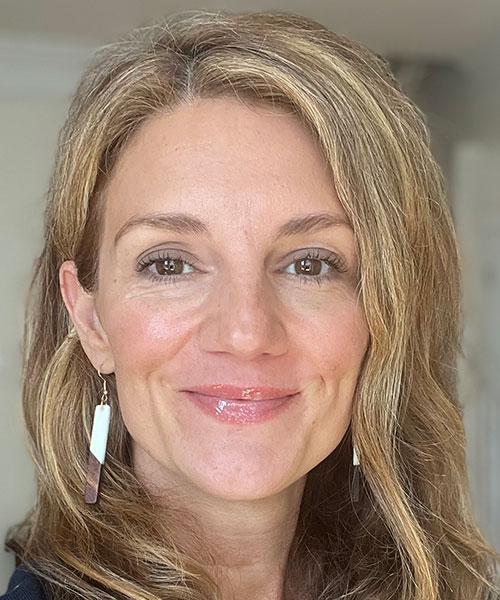EHN USA’s Measurement-Based Care is allowing patients to play an active role in their treatment plans.
Measurement-Based Care (MBC) is a concept gaining momentum in the mental health community, though it has long been a cornerstone of medical practice. Widely used in managing conditions like diabetes and hypertension, MBC has demonstrated its effectiveness across various healthcare fields. But what exactly does it entail, and how is it improving patient outcomes in mental health?
What is MBC?
MBC is a clinical process where mental health clinicians use patient-reported outcome measure (PROM) data to monitor progress and guide treatment decisions.. Simply put: patients have the opportunity to give feedback throughout the treatment process. This collaborative approach leads to more engaged patients and better outcomes.
A study by JAMA Psychiatry in 2019 said that less than 20% of behavioral health practitioners use any type of measurement-based care but usage will likely increase. EHN USA uses measurement-based care across our facilities and virtual care.
- Nullam scelerisque tortor non interdum mattis.
- Suspendisse suscipit: nunc iaculis dignissim laoreet.
- Vestibulum congue orci id tortor rutrum posuere.
A New Approach to Treatment
Historically, there was often a disconnect between clinicians’ perceptions of treatment progress and patients’ actual experiences. Michael Lambert, PhD, a psychology professor at Brigham Young University has researched outcome measurement for decades. He found in surveys that therapists believed 85% of their patients improved, but research showed actual rates of improvement between 40% and 60%. Clinicians believed only 2% of their patients deteriorated, but Lambert’s research showed 5-10% of adults and 15-25% of adolescents got worse while in therapy. Lambert demonstrated that personal perceptions of treatment progress are not always reliable, and Measurement-Based Care (MBC) aims to bridge that gap with objective data.
Measurement-Based Care is particularly effective for patients who are not showing improvement. A recent meta-analysis of more than 21,000 patients showed that MBC was effective in reducing symptoms in all cases but was even better among patients who were not improving.
How Can MBC Help Patients?
MBC provides several beneficial changes to traditional care that lead to improved outcomes.
Transparency and Patient Engagement: The patient and clinician working collaboratively to understand the data keeps the patient involved and aware of their own progress. It fosters buy-in from the patient and gives them a heightened level of understanding of their own treatment. It also helps to validate how a patient is feeling, leading to improved outcomes.
Early Indications of Treatment Issues: Regularly assessing patient progress through routine outcome monitoring allows practitioners to spot issues or inefficiencies quickly, rather than waiting until the end of treatment to address them.
Increased Clinical Efficiency: Being able to work with objective data gives clinicians a clearer roadmap for working with individual patients, thus reducing the time needed to change the course of treatment.
How You Can Measurement-Based Care Help You?
MBC is an emerging approach and isn’t fully integrated by all clinicians yet, but with research supporting its effectiveness, there is an incentive to increase its integration in mental health treatment. Here are some questions you can ask your healthcare practitioner to begin working Measurement-Based Care into your Treatment.
Does Your Treatment Use Measurement-Based Care?
At EHN USA, we believe in data-driven, personalized care. Measurement-Based Care ensures your treatment is guided by regular, standardized assessments—not just guesswork. Research shows MBC leads to better outcomes, faster improvements, and more tailored care.
How Do You Track My Progress Objectively?
Regularly assessing patient progress through routine outcome monitoring allows practitioners to spot issues or inefficiencies quickly, rather than waiting until the end of treatment to address them.
Will My Treatment Adjust Based On My Results?
Regularly assessing patient progress through routine outcome monitoring allows practitioners to spot issues or inefficiencies quickly, rather than waiting until the end of treatment to address them.










